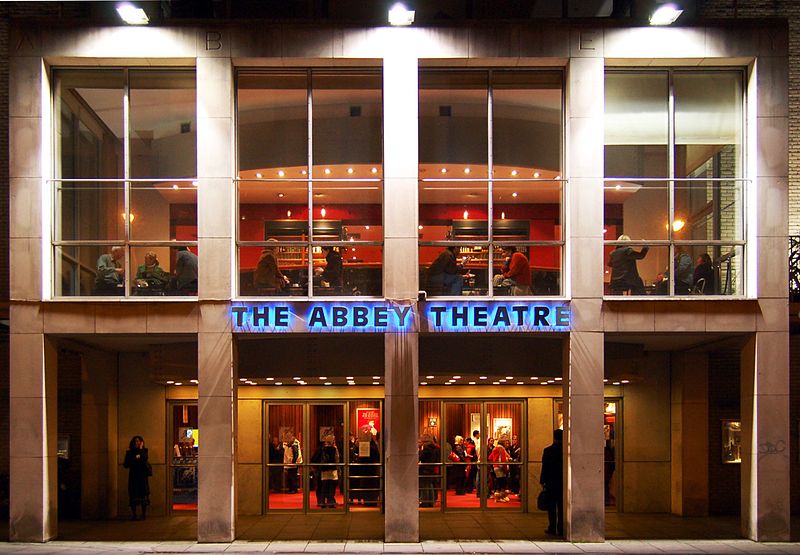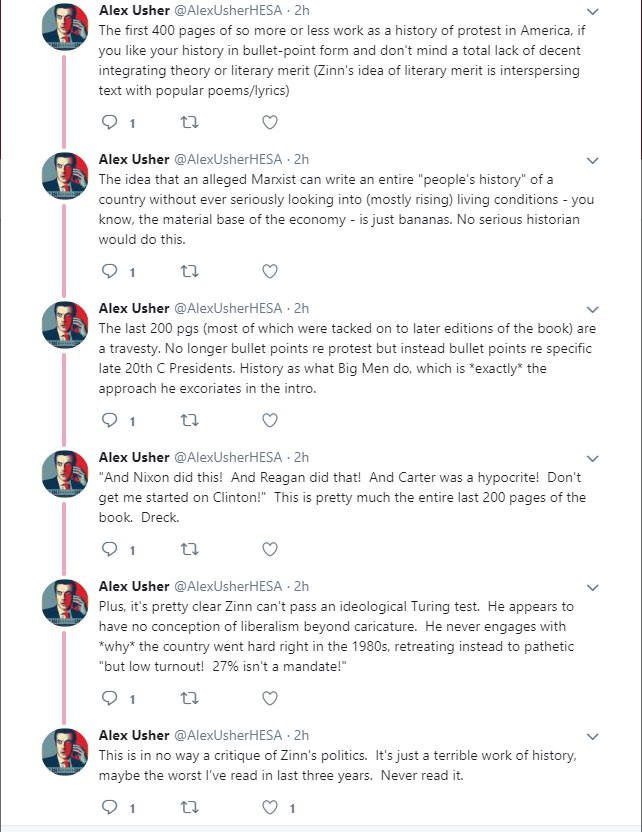Theodore Dalrymple on how the recent decision by the major theatres in Dublin to actively ensure that women are properly represented in the plays they put on:

The exterior of the Abbey Theatre in Dublin, also known as the National Theatre of Ireland (Irish: Amharclann Náisiúnta na hÉireann)
Photo by Flickr user bjaglin via Wikimedia Commons.
Henceforth, apparently, the major theaters of Dublin are, as a matter of principle, to commission at least half their new plays from women. At least half of the characters in the plays, and the directors too, will be women. One can only applaud this commitment to equality and social inclusion.
However, without wanting to carp, it seems to me that the gesture does not go nearly far enough. What about the fat, for example? As we know, a high proportion of the population is now fat, and quite a number are grossly obese. Yet how often do you see plays written by the fat, acted by the fat, directed by the fat, and of interest to the fat? The theatrical professions as a whole are pervaded by slim-ism, but there is no intrinsic connection between being slim and literary or acting ability. There is abundant evidence of widespread prejudice against the fat, and it is surely time that this was overcome. My own view is that at least 10 percent of playwrights, actors, and directors ought to suffer from type 2 diabetes.
And then, of course, there is the matter of intelligence. The average IQ of the population is 100, and such is the normal distribution of intelligence that there are as many people of below-average intelligence as above it. Yet how often do you see a play written or directed by those with an IQ of, say, 80? It is true that a play may appear to have been written or directed by someone with an IQ of 80 or below, but in this case appearances are deceptive. A high IQ is perfectly compatible with all kinds of foolishness or worse, after all; but this does not affect the basic argument from social justice. It is about time that people of low IQ be given their chance in the theater.




